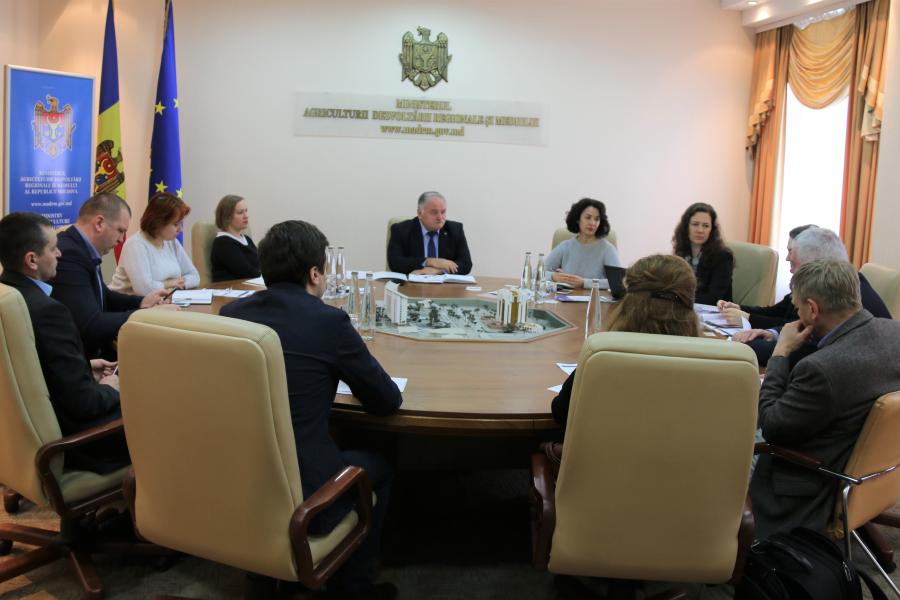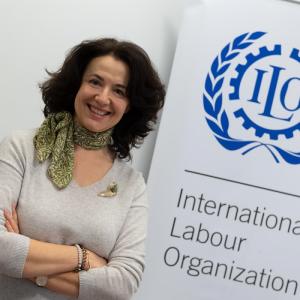International Labour Organisation helps Moldova to improve skills and spread the benefits of trade and economic growth.
02 March 2020
Agriculture is vital to Moldova’s economy, contributing 11 percent of GDP, 32 percent of employment, and 45 percent of exports. Its low productivity, however, limits incomes and inhibits on-farm investments and trade prospects.

Key public services in agriculture, such as education, research, and extension services are weak, outdated and underfunded. The vulnerability of agriculture is amplified by acute labour shortages and skills gaps. As Moldova continues to expand its trade and business relations with the world, these challenges need to be addressed. To respond to the appeal of the Ministry of Agriculture, Regional Development and Environment for support, the International Labour Organization (ILO) introduces its Skills for Trade and Economic Development (STED) methodology to assess existing opportunities and business capability needs of the agriculture sector in Moldova.
In the week of February 24th, 2019 ILO began employing its STED Methodology in the agriculture sector in Moldova. Workers, employers and their representatives, relevant public bodies and training providing institutions gathered in Chisinau to learn about the STED methodology. The methodology stemmed from the realization that a skilled workforce is critical to achieving economic prosperity and building more inclusive societies. With the right skills in the workforce, enterprises can be more productive and competitive in both local and global markets. Economies can grow faster and the benefits of development and trade can be spread more widely and evenly among workers.
The STED application process usually begins with a review by ILO and national experts in skills and employment, enterprise and trade, working in close consultation with country level constituents to identify and prioritize suitable sectors. Once the sectors that offer the best opportunities for trade development are selected, a process of extensive collaboration and research begins with the relevant worker, business, government bodies, institutions and experts in the sector.
In Moldova, STED is inaugurated in agriculture sector and its scope is to identify the sector-wise shortages through specific analysis of the (1) capacity gaps of companies present in the value chain; (2)Skills gaps of existing staff and labour shortages and (3) the gaps in curricula and adequate training programmes.
“Moldovan society is aging and shrinking.The shortage of workers threatens firms’ competitiveness, both nationally and globally. That said, it is not only the number of people available for work that is important but also the quality of the human capital workers bring to the labour market. Therefore, education, training, and skills development are crucial. Skills needs anticipation are equally important in a market economy. The more a country's workers present the skills needed for today's globalised economy, the better the country's chances of attaining its development goals. The ILO support aims to develop an increased understanding of the importance of skills development and improved dialogue among the key players, which help contribute to tangible improvements within the sector”, explained Ala Lipciu, ILO National Coordinator.
The outcomes of STED in Moldova are concrete recommendations at the policy, institutional, and enterprise level, as well as a strategic response to skills development in agriculture. The process involved in designing those recommendations is expected to contribute to improvements on the ground by raising awareness and stimulating dialogue on skills development among key stakeholders within a sector.


